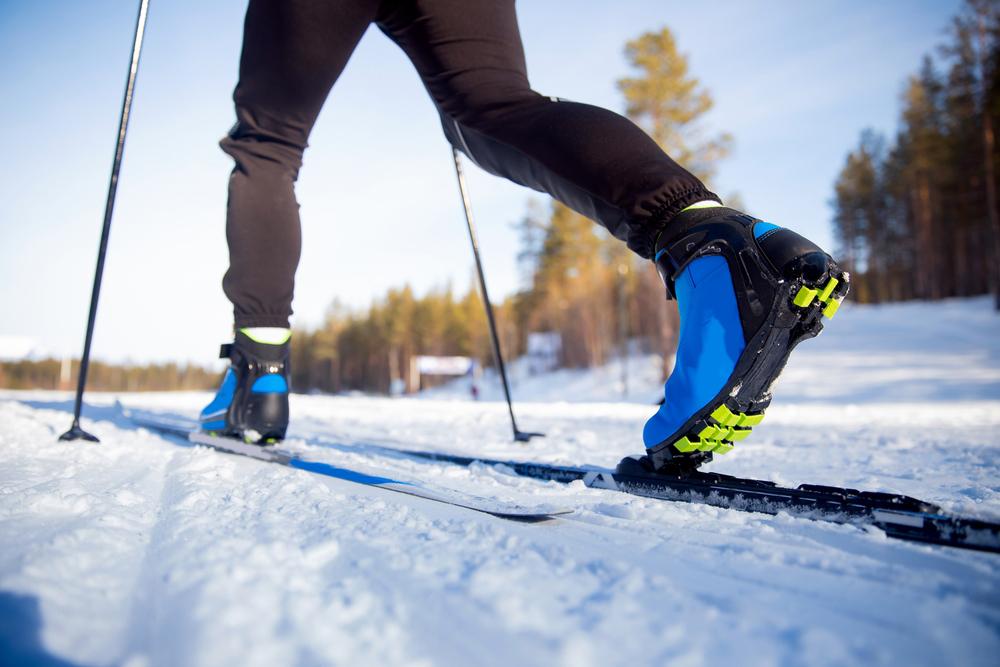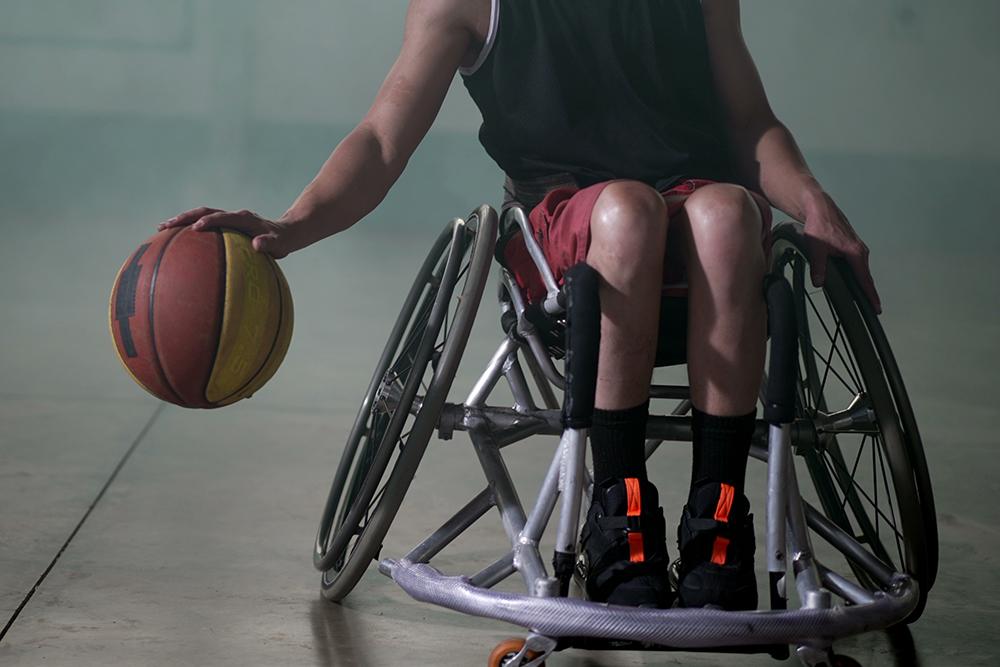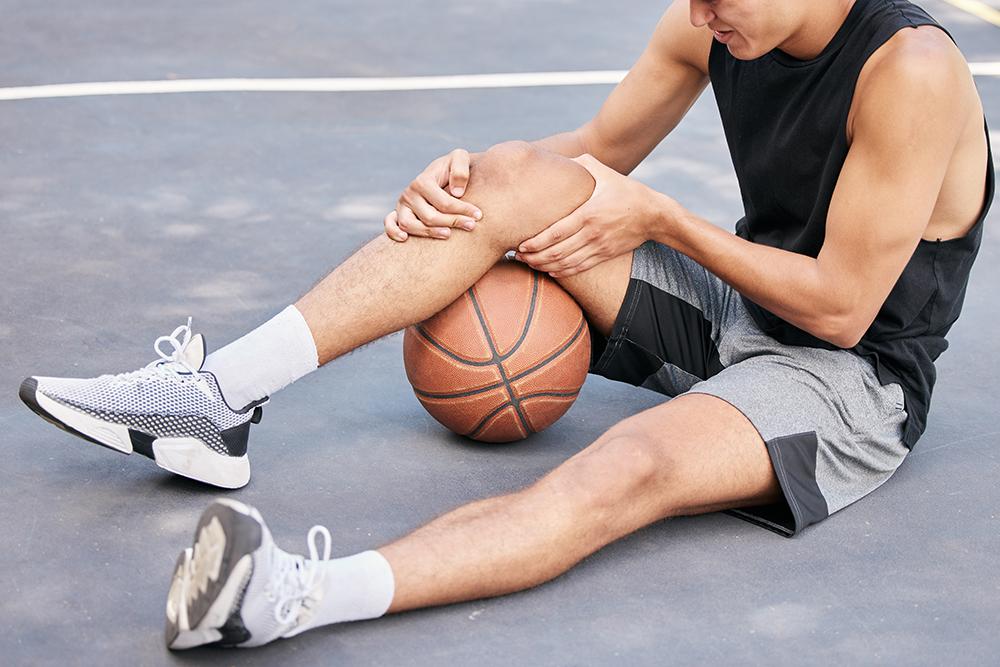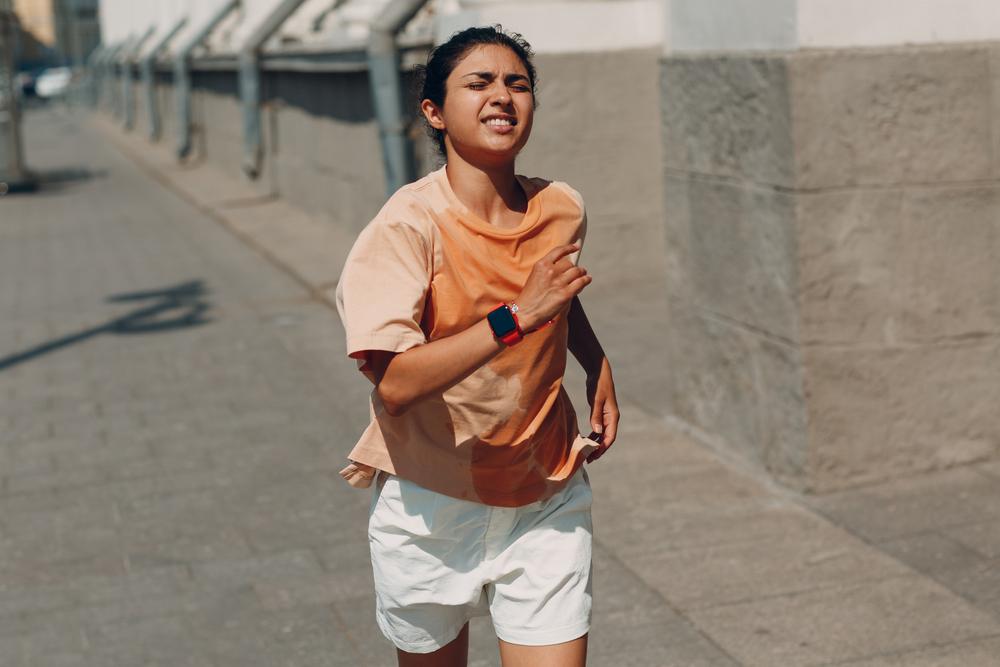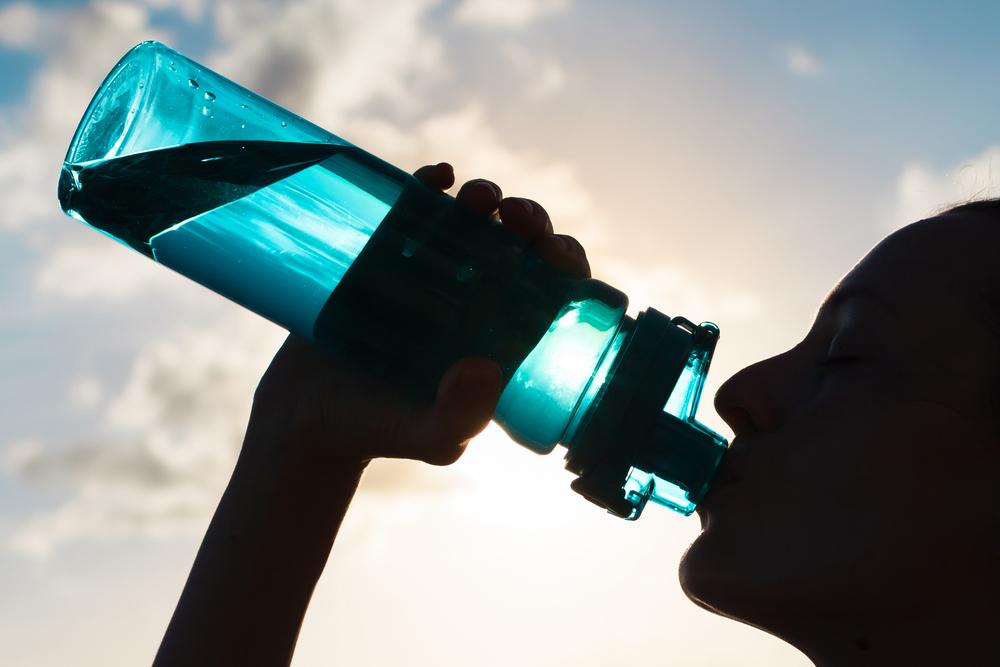 Pre-exercise hydration can be a confusing topic for youth sports parents and coaches. Most people know that it is important, but the specifics of ‘why’ are murky.
Pre-exercise hydration can be a confusing topic for youth sports parents and coaches. Most people know that it is important, but the specifics of ‘why’ are murky.
“How much water should my athletes be drinking before practices and games?”, “When should they start and stop drinking fluids before competing?”, and “Do they need to be drinking anything more than ‘just’ water beforehand?” are all common questions that seemingly everyone has a different answer for. Below is a list of our TrueSport experts’ answers to the most frequently asked questions about pre-game hydration for youth athletes.
How much water should athletes drink before exercise?
It is recommended that youth athletes drink at least 10-16 ounces of water two hours before exercising, and then another 8-16 ounces about 15 minutes before their game or practice.
Keep in mind however that even “perfect” hydration practices before a game can’t make up for chronic dehydration throughout the rest of the week, and athletes should try and stay consistently hydrated, even on non-activity days.
What about drinking ‘fluid replacement’ or sports drinks beforehand?
Most youth athletes are not training or competing at an intensity that warrants drinking anything other than water. But for those extra-intense times, a sports drink containing carbohydrates may be a helpful source of energy, but mainly during or after exercise (not before).
Sports drinks contain a small amount of sodium and electrolytes, which are beneficial for absorbing liquids quickly and replacing what is lost in sweat.
If your athlete has never had a sports drink but insists on trying them, don’t drink one for the first time on competition day. Instead, have them try different fluids and amounts during practices until they discover a balance that works best for them.
What about pre-game energy drinks?
In short, no.
Typically, energy drinks refer to drinks such as Red Bull and Monster that contain large amounts of caffeine and sugar. Sports drinks like Gatorade, while containing sugar, do not typically contain any caffeine.
Caffeine is a stimulant that raises your heart rate even when you aren’t exercising. Despite how they might be marketed, energy drinks and their boatloads of caffeine and sugar are a terrible choice before any kind of exercise. Sadly, these drinks have been cited in a large number of instances of youth athletes suffering from cardiac arrest, and even death.
If you can’t tell if a specific beverage is a sports drink or an energy drink, check the label: legitimate sports drinks (like Gatorade) will always carry a Nutrition Facts label. However, due to lax labeling policies from the FDA, energy drinks on the other hand could carry either a Supplement Facts label or a Nutrition Facts label, so you’ll need to inspect further. If the item contains caffeine (especially in large amounts) and uses marketing buzzwords like “pump”, “buzz”, and “wired” then it’s probably an energy drink.
What happens when a youth athlete (or anyone) becomes dehydrated?
When an athlete exercises, fluid is lost through the skin by sweating and through the lungs while breathing. If the athlete did not hydrate properly beforehand, and/or this fluid is not replaced regularly during practice or competition, it can lead to dehydration.
A dehydrated athlete has a decreased volume of blood circulating through the body, and consequently:
- The amount of blood pumped with each heartbeat decreases
- Exercising muscles do not receive enough oxygen
- Exhaustion sets in earlier and the athlete’s performance suffers
- By-products of exercise are not flushed out of the body as regularly as they should be
Research has shown that losing as little as 2% of total body weight can negatively affect athletic performance. For example, if a 150-pound athlete loses three pounds during a workout or competition, their ability to perform their best is reduced. Proper fluid replenishment is key to preventing dehydration and reducing the risk of heat-related injury.
What’s a good way for athletes to monitor their hydration before exercising?
Often, athletes do not realize when they are dehydrated or when their performance is being negatively impacted.
Athletes who are unsure if they are already dehydrated before competing can monitor their hydration by checking their urine color. Urine that is dark gold in color indicates dehydration. Urine similar in color to pale lemonade or weak tea is a sign of a hydrated athlete.
Is it true that athletes shouldn’t wait until they are thirsty to drink?
Often, athletes will wait until they are thirsty to begin drinking water. However, thirst is not an accurate indicator of a need for fluids, and athletes who wait to drink water until that point are already dehydrated.
Most individuals do not become thirsty until more than 2% of body weight is lost. By this time, performance may have already begun to decline.
—
Have a question not listed here? Email truesport@truesport.org and we may feature your question in a future post.
REFERENCES:
American College of Sports Medicine
American Dietetic Association
National Agricultural Library
Sports, Cardiovascular, and Wellness Nutrition, a dietetic practice group of the Academy of Nutrition and Dietetics
USADA’s Supplement 411
U.S. Food and Drug Administration
Weight-control Information Network
